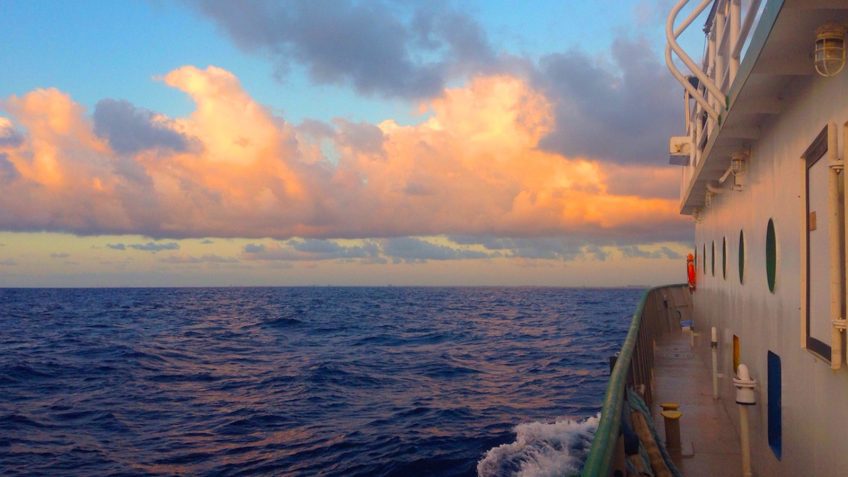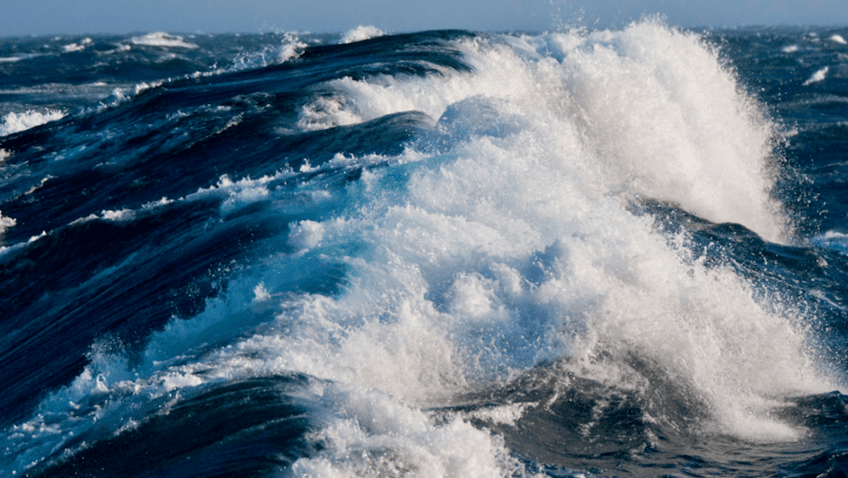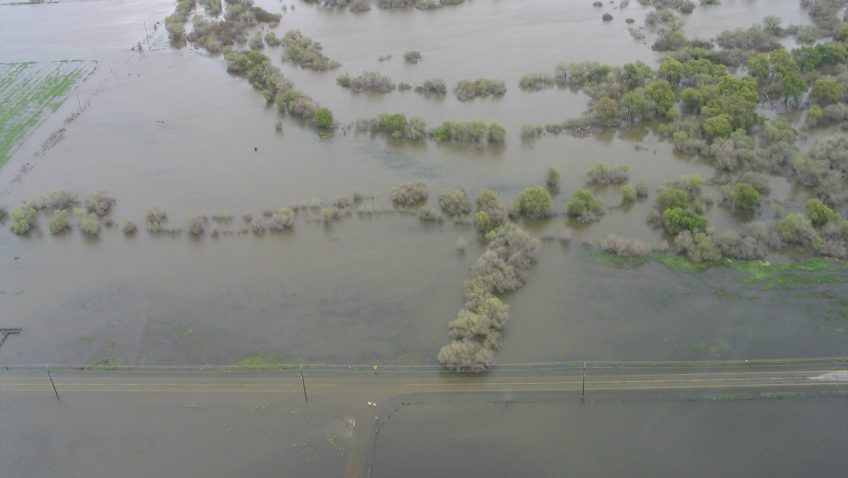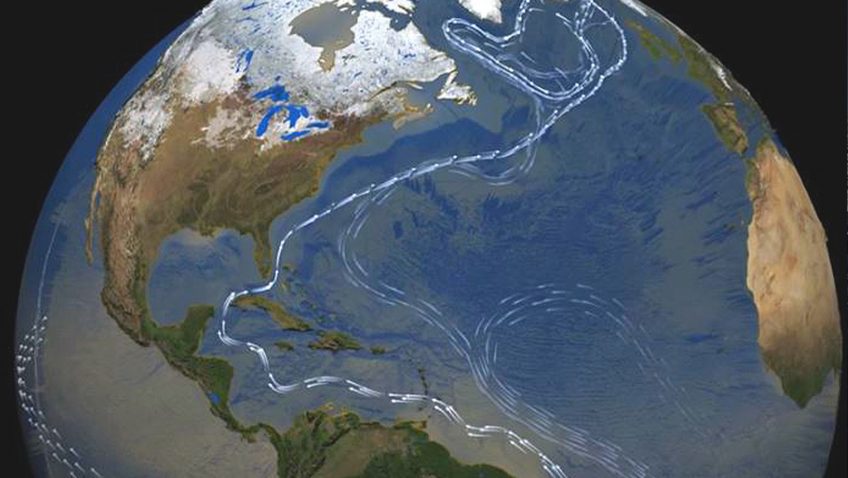Atlantic Niño/Niña modulates typhoon landfall risk in East and Southeast Asia
A new study led by AOML and CIMAS scientists further shows that the impacts of Atlantic Niño/Niña on tropical cyclones are not limited to the Atlantic basin (i.e., hurricanes), but also extend to the western North Pacific basin (i.e., typhoons) through inter-basin teleconnections.











